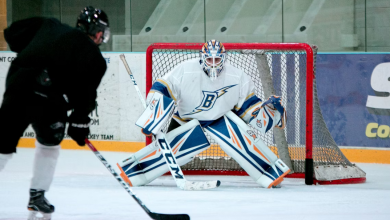FeaturedHighlight VideosOttawa Senators
Kyle Turris Scores, Ends 12-Game Slump (Game 14 – 11/9/14)
Facebook: http://facebook.com/TheJordanMady
Twitter: http://twitter.com/TheJordanMady
Hocked on Hockey Magazine®
Website: http://hookedonhockeymagazine.com
Facebook: http://www.facebook.com/HOHMagazine
Twitter: https://twitter.com/HOH_MAGAZINE
Pinterest: http://www.pinterest.com/hookedonhockey
Instagram: http://instagram.com/hookedonhockeymagazine
G+: https://plus.google.com/+Hookedonhockeymagazine

